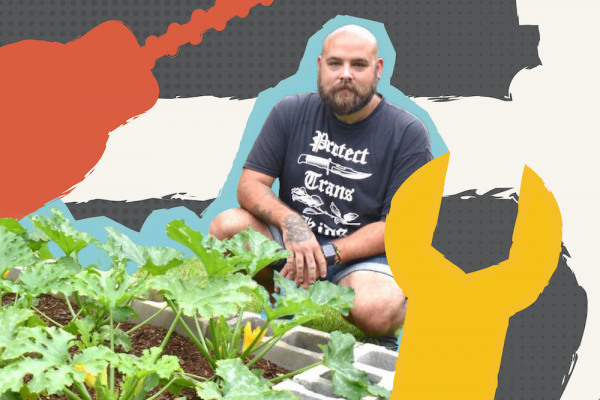Jan 2, 2024
The Cagles are co-organizers of Jubilee House, a nonprofit ministry based in Parrish with multiple initiatives, including operating a free store and free pantry, passing out free naloxone to combat the opioid crisis, and reclaiming an old football field as a farm. Together, they work to sow a type of Christianity that would revitalize the literal and metaphorical soil of the Bible Belt.
Read the Full Article

Already a subscriber? Login
